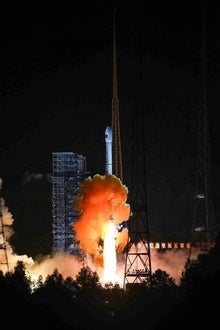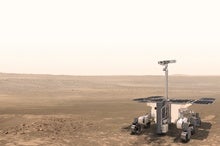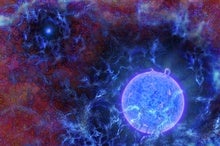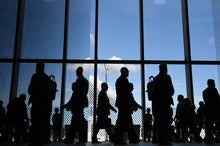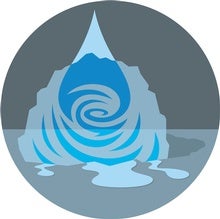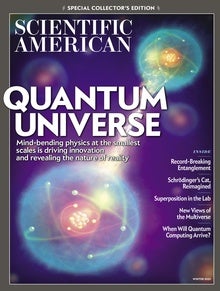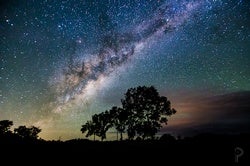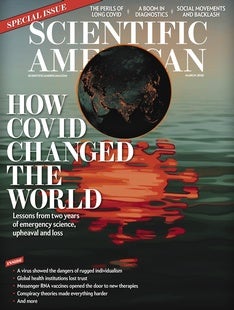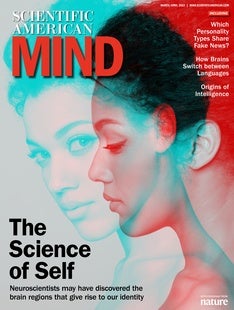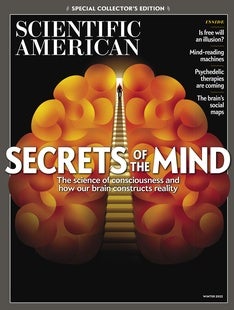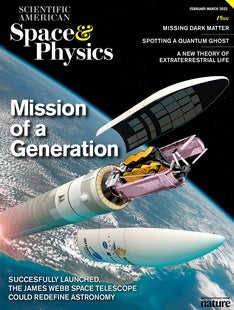|
 | ||||
| March 03, 2022 | ||||
| Dear Reader, This week, we're continuing to track how Russia's invasion of Ukraine is proving to be surprisingly disruptive for spaceflight. Our lead story details how the ongoing conflict is creating new tensions around one of the greatest U.S.-Russia partnerships, the International Space Station. But the disruptions don't stop there—the invasion has also all but certainly delayed the launch of the European-Russian "Rosalind Franklin" ExoMars rover from this year to 2024 or beyond, as another story explains. Unfortunately, these troubles may only be the beginning of a new, enduring low for international cooperation in space. Elsewhere, we have articles about a looming lunar rocket impact (it will happen tomorrow!), fresh doubts about the 'cosmic dawn' and much more. Dive in! | ||||
| ||||
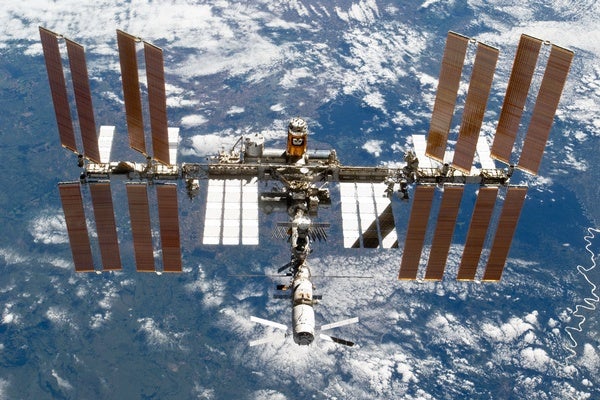 | ||||
| ||||
| ||||
| ||||
| ||||
| ||||
| ||||
| ||||
| ||||
| ||||
| ||||
| ||||
| LATEST ISSUES | ||||
| ||||
| Download the Scientific American App | ||||
|

